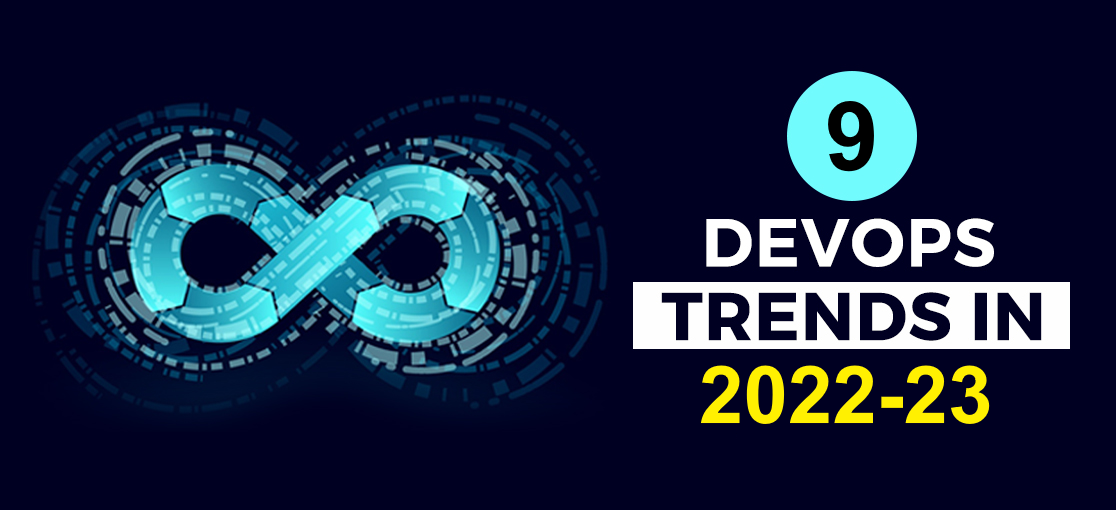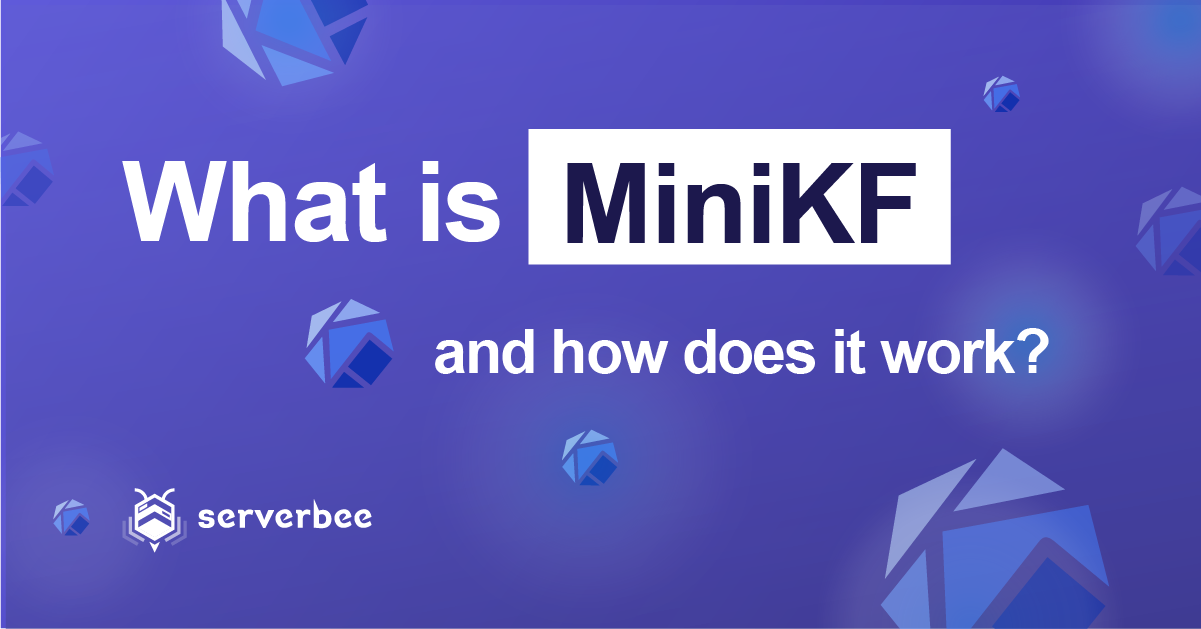Cloud Agnostic: characteristics of the approach, our experience
Microservices in the cloud is a good modern solution.
At the same time, migration applications to a microservice architecture complicated their infrastructure. This cause the development of many methods and approaches to its deployment and orchestration. To make life easier for developers, cloud providers offer infrastructure management automation as a service, allowing developers to focus on coding.
DigitalOcean Kubernetes as a service - there are some points to improve
Every developer has in his arsenal many familiar tools that facilitate and accelerate his work. Convenient and reliable hosting also plays an important role in the development process, since a wrong hosting choice can not only significantly complicate the life of one programmer but also lead to a dead-end of the project.
DevOps trends 2022-23 - automate everything with intelligence
 Information technologies have passed more than one big transformation and a lot of small ones during the time of their never-ending development. The software development process is constantly upgrading and changing. The appearance of microservices architecture, the independence of projects from one cloud provider or its distribution among several clouds, and the emergence of serverless applications and databases keep the process of transformation going. The development process is dynamic and changeable and it requires monitoring, analysis, forecasting, data processing, and, of course, automation of repetitive processes and tasks.
Information technologies have passed more than one big transformation and a lot of small ones during the time of their never-ending development. The software development process is constantly upgrading and changing. The appearance of microservices architecture, the independence of projects from one cloud provider or its distribution among several clouds, and the emergence of serverless applications and databases keep the process of transformation going. The development process is dynamic and changeable and it requires monitoring, analysis, forecasting, data processing, and, of course, automation of repetitive processes and tasks.
What is MiniKF and how does it work?
 Cloud computing and virtualization services are now increasingly used in business, various enterprises, and research activities.
Cloud computing and virtualization services are now increasingly used in business, various enterprises, and research activities.
Why is CloudFormation no longer popular?
So what are provisioning tools? Infrastructure as Code (IaC) offers developers and operations teams the facility to automate the processes to manage and provision the infrastructure required for their application’s technology stack. The configuration of the discrete hardware devices and operating systems that comprise the infrastructure can now be undertaken using code, replacing the traditional manual approach. This automation makes the Infrastructure provisioning process faster while reducing the probability of configuration errors, leading to cost and time savings.